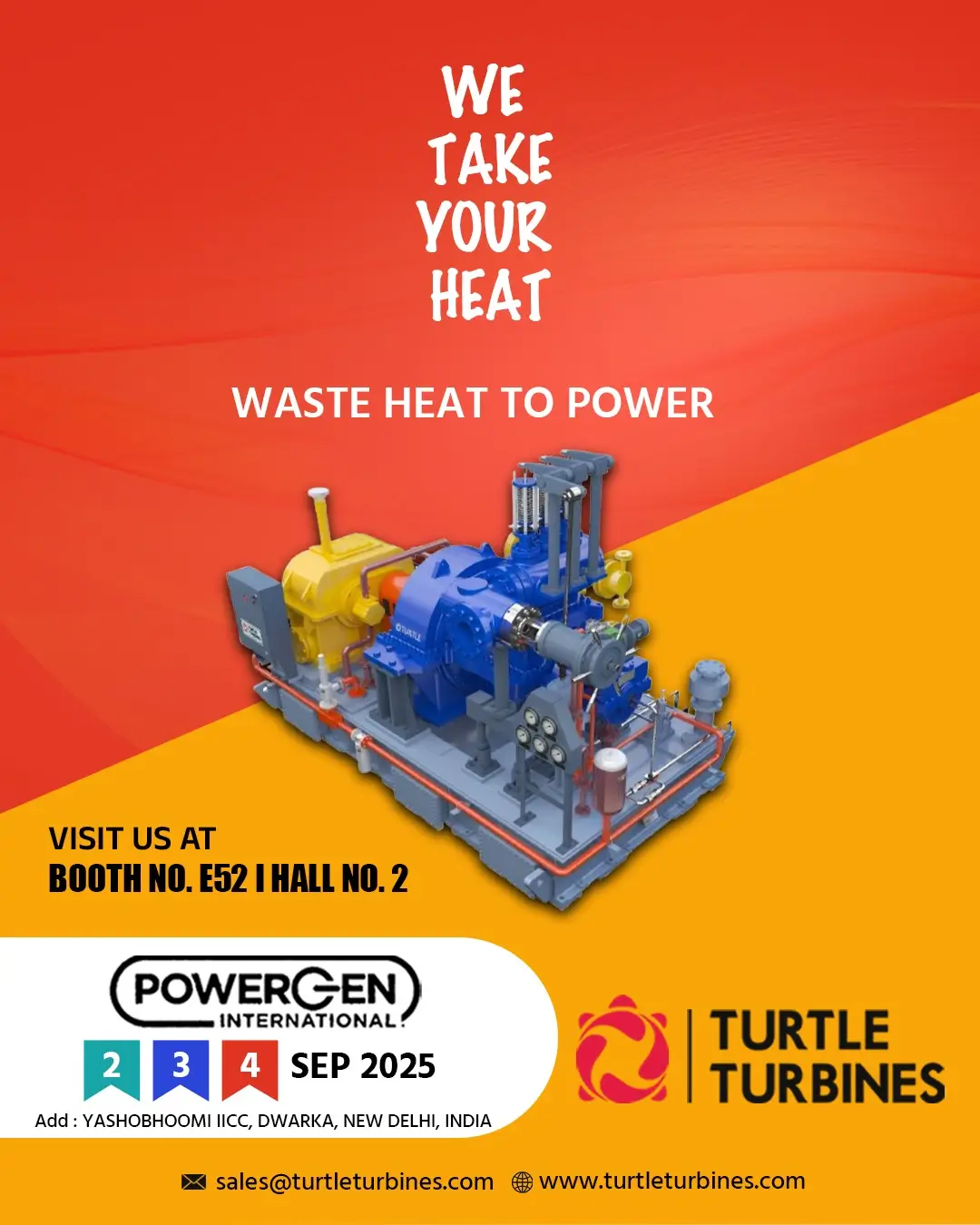The Kenyan tea processing industry is a cornerstone of the nation’s economy, yet it relies heavily on fossil fuels to power its operations. With increasing global and local emphasis on sustainability, reducing CO₂ emissions in Kenya’s tea processing industry has become critical. Microturbine technology offers a promising solution by providing a cleaner and more efficient power source, allowing tea factories to move away from carbon-intensive fuels. This innovative approach not only supports environmental goals but also reduces energy costs by leveraging waste steam or low-pressure steam to generate electricity.
Microturbines are small, high-efficiency turbines designed to harness residual energy, typically from waste heat, for power generation. Integrating microturbines into existing steam systems can significantly contribute to reducing CO₂ emissions in Kenya’s tea processing industry by lowering the dependency on coal, diesel, or heavy fuel oil. This shift also minimizes overall operational costs, aligning with the industry’s drive towards energy efficiency and lower emissions. As microturbines generate energy from renewable or waste sources, they offer a sustainable path for companies aiming to reduce their carbon footprint.
In addition to cutting CO₂ emissions, microturbines improve operational reliability and efficiency. The tea processing industry requires a stable energy supply, and traditional grid power or fossil-fuel-based systems often fall short due to outages or fluctuating costs. Microturbines provide a localized and dependable source of energy, ensuring uninterrupted power while contributing to reducing CO₂ emissions in Kenya’s tea processing industry. This innovation also opens avenues for utilizing renewable sources like biomass, enabling the industry to meet sustainability targets without compromising energy needs.
Implementing microturbines can lead to transformative changes within the tea processing industry by reducing environmental impact while improving energy efficiency. With an increasing emphasis on reducing CO₂ emissions in Kenya’s tea processing industry, stakeholders are likely to see significant long-term benefits in both sustainability and operational costs. Embracing microturbine technology marks a proactive step toward a greener, more efficient industry, reinforcing Kenya’s position as a global leader in sustainable tea production.
Turtle Turbines is one of the most reputed steam turbine manufacturers from India for power generation, suitable for operation on the saturated and superheated steam boilers operating in various industries. Based in India, the company focuses on providing sustainable solutions for power generation and configurations to meet the needs of different applications. For more information please visit on www.turtleturbines.com


